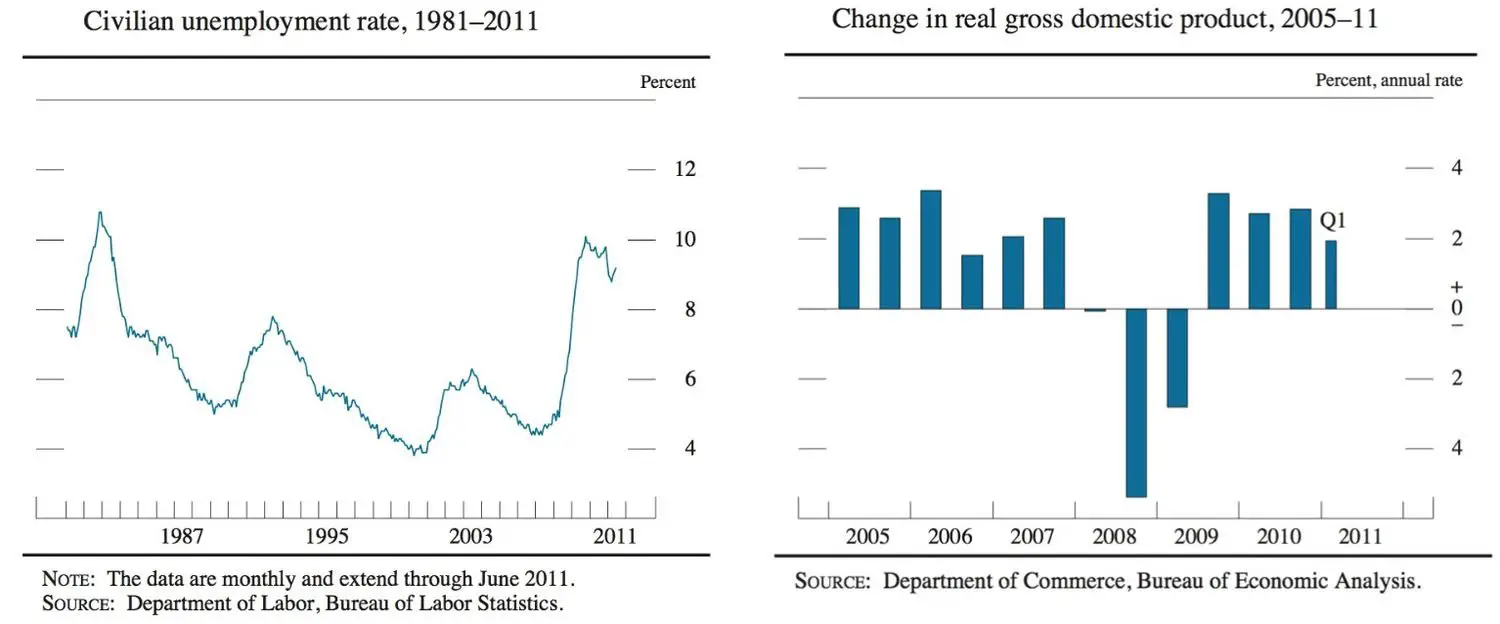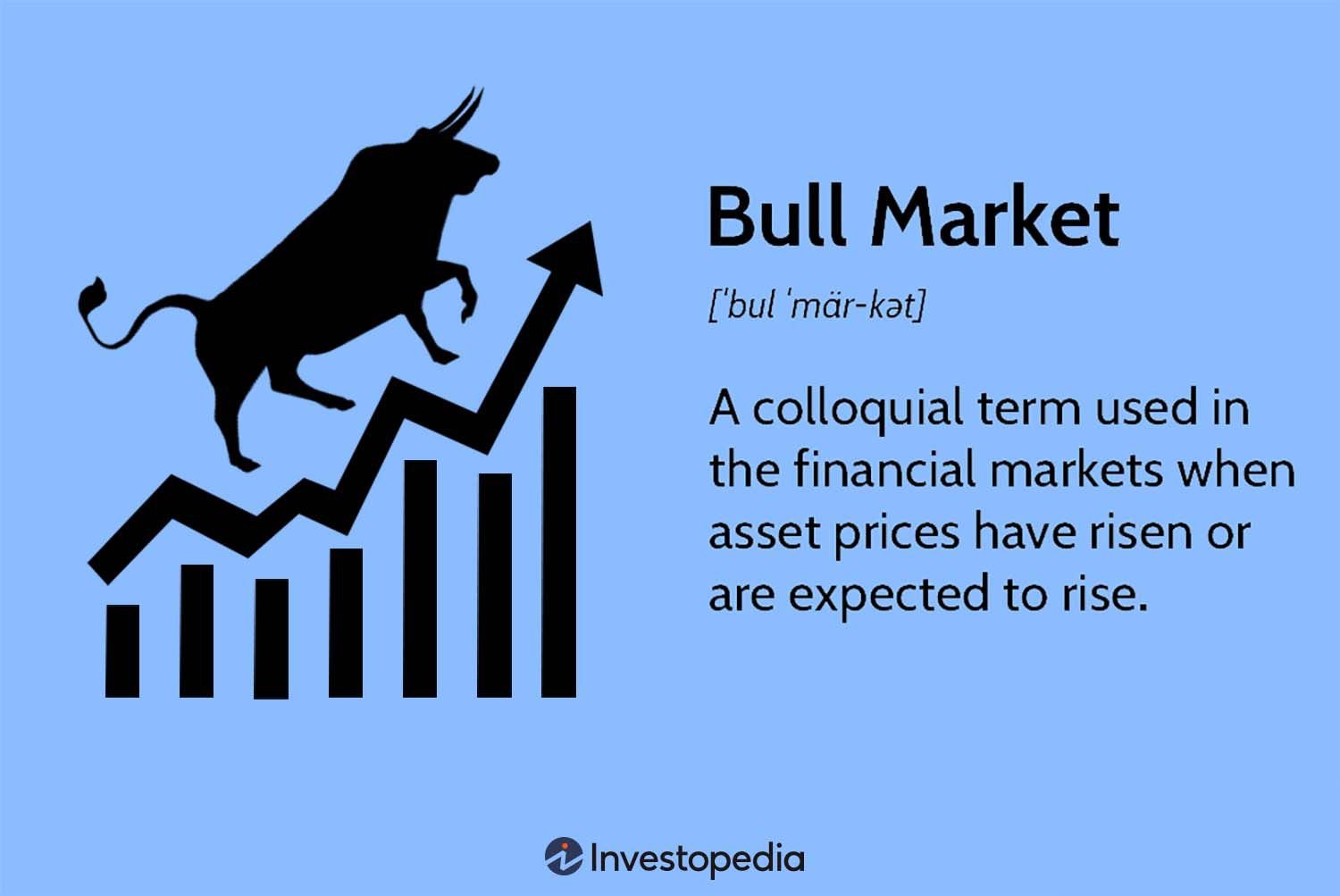During times of economic downturn, such as a recession, one pressing question prevails: what is the impact of recession on jobs? The answer isn’t a simple one, as the effects can be far-reaching and varied. However, it’s crucial to understand the implications of a recession on employment in order to navigate the challenging job market effectively. In this article, we will delve into the multifaceted consequences of a recession on jobs, shedding light on the changes and challenges that individuals and industries face. Let’s explore the impact of recession on jobs and equip ourselves with knowledge and strategies to adapt and thrive in these trying times.
What is the Impact of Recession on Jobs?
The impact of a recession on jobs is a topic that concerns many individuals, businesses, and economies worldwide. A recession is characterized by a significant decline in economic activity, leading to a contraction in the job market. In this article, we will delve into the various ways in which a recession can affect jobs and explore the challenges individuals and businesses face during these challenging times.
1. Job Losses and Unemployment Rates
During a recession, one of the most immediate and visible impacts is the rise in job losses and increasing unemployment rates. As businesses struggle to cope with reduced demand and financial constraints, they may resort to layoffs or hiring freezes to cut costs. This leads to a surge in joblessness and a shrinking job market. Some effects include:
- Increased competition: With fewer job openings available, job seekers face fierce competition as they try to secure employment.
- Longer job search duration: The slimmer job market and increased competition often result in longer job search durations for individuals, leading to added financial and emotional stress.
- Reduced job security: Those fortunate enough to still be employed during a recession may experience reduced job security as companies become more cautious about retaining staff.
2. Wage Reductions and Pay Freezes
Aside from job losses, recessions can also impact the wages and compensation packages of employed individuals. In an effort to cut costs and remain financially stable, businesses may implement:
- Wage reductions: Employers may implement temporary or permanent wage reductions to maintain their operations. This reduction in income can significantly impact individuals’ financial stability and overall well-being.
- Pay freezes: Companies might opt to freeze salaries temporarily, meaning employees will not receive any increases in wages or bonuses until economic conditions improve.
- Decreased benefits: To manage costs, businesses may also reduce or eliminate certain benefits such as healthcare coverage, retirement plans, or paid time off.
3. Industry-Specific Effects
The impact of a recession on jobs can vary from one industry to another. While some sectors may experience severe downturns, others may remain relatively stable or even thrive. Here are a few examples:
a. Manufacturing and Construction
During a recession, industries heavily reliant on manufacturing and construction often face significant challenges. Reduced consumer spending and investment can lead to:
- Mass layoffs: Manufacturing and construction companies may be forced to lay off workers due to decreased demand for products and services.
- Plant closures: In severe cases, businesses may need to shut down their operations entirely, resulting in complete job loss for all employees.
- Supply chain disruptions: Reduced production can have a domino effect, impacting suppliers and other related industries.
b. Financial Services
The financial services sector, including banking and investment firms, is highly sensitive to economic downturns. Some effects on this industry during a recession can include:
- Job cuts and downsizing: As the demand for financial services declines, organizations in this sector may have to downsize their workforce or implement hiring freezes.
- Reduced lending and investment activity: Banks tend to tighten lending standards and reduce investment activities during recessions, impacting job opportunities in these areas.
- Increased regulation: Governments may introduce stricter regulations on financial institutions to prevent future economic crises, which can lead to changes in job requirements and roles.
c. Healthcare and Education
While recessions can have negative effects on many industries, certain sectors like healthcare and education tend to be more resilient, or in some cases, experience growth during these times:
- Increased demand for healthcare services: Healthcare professionals and support staff may experience increased demand as people prioritize their health despite economic challenges.
- Job stability in education: Jobs within the education sector, such as teachers and administrators, generally remain more stable during recessions as the need for education persists.
- Government support: Governments often prioritize funding for healthcare and education sectors during recessions to ensure the continued delivery of essential services.
4. Entrepreneurship and Small Businesses
Recessions can also have a significant impact on entrepreneurship and small businesses. While some entrepreneurs face difficulties and setbacks, others may find opportunities:
- Business closures: Many small businesses struggle to survive during recessions due to decreased consumer spending and limited access to credit. This can result in business closures and subsequent job losses.
- New business opportunities: Despite the challenges, recessions can also create opportunities for innovative entrepreneurs who identify gaps in the market and develop solutions to meet emerging needs.
- Flexible employment options: As traditional job opportunities decline, some individuals may turn to entrepreneurship or participate in the gig economy to generate income.
5. Potential Long-Term Effects
Recessions can have lasting effects on the job market and the overall economy. Understanding the potential long-term impacts can help individuals and businesses navigate these challenging times:
- Skill erosion: Prolonged unemployment or underemployment can lead to a deterioration of skills, making it more difficult for individuals to regain employment or transition to new industries.
- Reduced investments in human capital: In uncertain economic conditions, businesses may cut back on training and development programs, leading to a decline in the overall skills and capabilities of the workforce.
- Decreased consumer spending: The fear and uncertainty associated with recessions often lead consumers to tighten their belts and reduce discretionary spending. This can have a ripple effect on businesses, potentially leading to additional job losses.
In conclusion, recessions have a profound impact on jobs and the overall employment landscape. The repercussions can include job losses, reduced wages, and benefits, as well as industry-specific effects. While the challenges are significant, recessions can also present opportunities for entrepreneurs and sectors that remain resilient. Understanding these impacts and taking proactive measures can help individuals and businesses navigate the job market during challenging economic times.
The Jobs Report’s Impact on Inflation and Recession Fears: March Nonfarm Payrolls | Market Takes
Frequently Asked Questions
Frequently Asked Questions (FAQs)
How does a recession impact jobs?
A recession can have a significant impact on jobs as it often leads to a decrease in economic activity and a slowdown in business operations. This, in turn, can result in companies laying off employees, implementing hiring freezes, or reducing work hours. High unemployment rates are commonly observed during recessions, making it more challenging for individuals to find new job opportunities.
What sectors are most affected by a recession in terms of job losses?
During a recession, sectors that are heavily dependent on consumer spending, such as retail, hospitality, and entertainment, tend to be the most affected by job losses. This is because people tend to cut back on non-essential expenses during tough economic times, leading to decreased demand and ultimately layoffs within these industries.
Are there any sectors that experience job growth during a recession?
While job growth is generally limited during a recession, certain sectors may experience increased demand. These sectors often include healthcare, government, and essential services such as utilities and food production, as these areas are less susceptible to economic downturns and may even see increased demand during challenging times.
How long does it typically take for jobs to recover after a recession?
The duration for job recovery after a recession can vary depending on several factors, including the severity of the recession and the overall economic conditions. In some cases, job recovery may take several years, while in others, it may happen more rapidly. Government intervention, economic stimulus packages, and the ability of businesses to adapt and recover can impact the speed of job recovery.
What can individuals do to protect their jobs during a recession?
To minimize the risk of job loss during a recession, individuals can consider various strategies. These may include enhancing their skills through training and education, staying updated on industry trends, seeking additional responsibilities within their current role, and maintaining a strong professional network. It is also important to demonstrate adaptability, flexibility, and a willingness to take on new challenges.
How can job seekers navigate the job market during a recession?
Job seekers during a recession should be prepared for a more competitive job market. It can be helpful to focus on industries that are less impacted by recessions, such as healthcare or technology. Networking, staying active on job boards and professional platforms, and tailoring resumes and cover letters to highlight relevant skills and experiences can increase the chances of finding employment.
What are some potential long-term effects of job loss during a recession?
Job loss during a recession can have significant long-term effects on individuals and the overall economy. It can lead to financial strain, increased levels of stress, and a loss of confidence. Additionally, periods of unemployment may result in gaps in work history, making it more difficult to secure future employment. These factors can contribute to reduced consumer spending, lower tax revenues, and slower economic recovery.
How can governments mitigate the impact of job losses during a recession?
Governments can implement various measures to mitigate the impact of job losses during a recession. These may include providing financial assistance to affected individuals through unemployment benefits or job retraining programs. Additionally, governments can stimulate the economy through infrastructure projects or tax incentives, encouraging businesses to maintain or create new job opportunities.
Final Thoughts
The impact of recession on jobs is significant. During periods of economic downturn, businesses are often forced to downsize or close altogether, resulting in a reduction in job opportunities. Many individuals find themselves unemployed or facing financial uncertainty. Those who are fortunate enough to retain their jobs may experience reduced benefits, wage cuts, or increased workloads. The job market becomes highly competitive, making it difficult for job seekers to secure new employment. In conclusion, recession has a profound impact on jobs, creating a challenging environment for both employers and employees alike.



